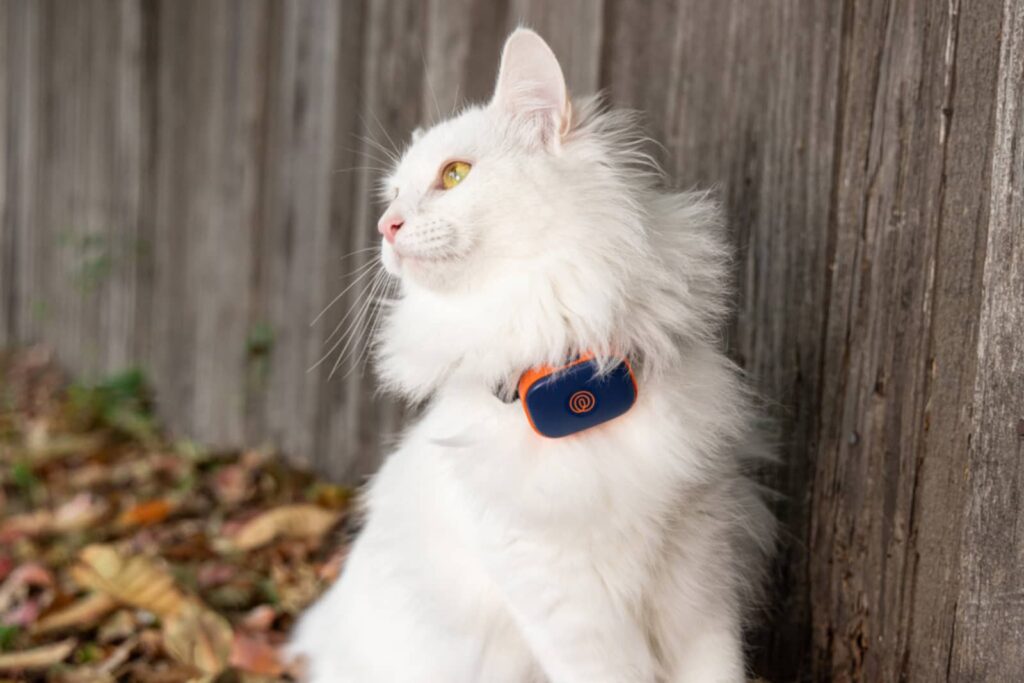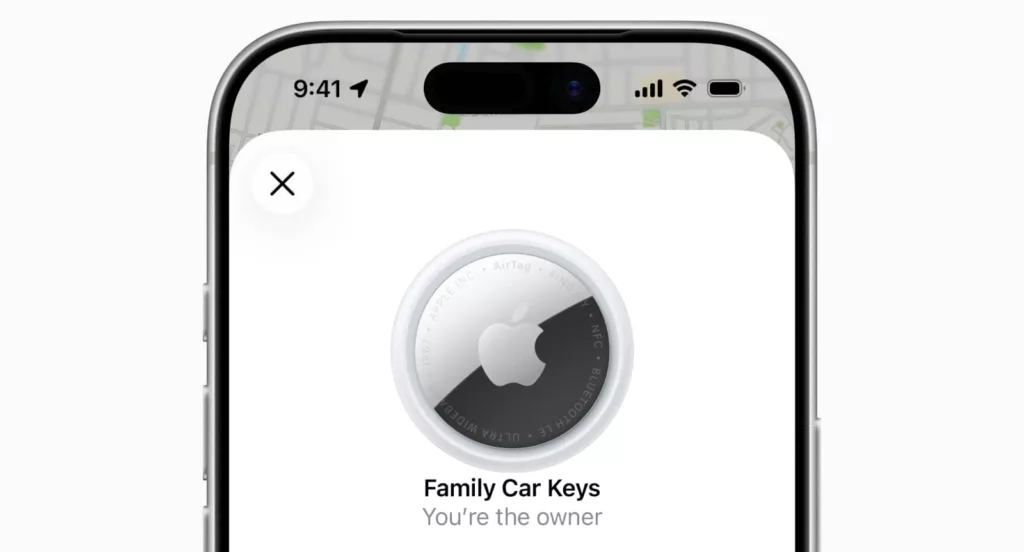Keeping tracks of pets and paws is easy if your animal stays indoors, but what if it goes outside or runs off during a storm or walk? Tracking could be the answer, as it has been offered as an answer for a lot of other things.
You can grab a small tracker to find your car or turn it into a treasure hunt of sorts. We use a tracker on some of the precious toys, because even finding a little bunny around the home can be difficult when your kids are a veritable Harry Houdini with their own things.
But your pets are a different area altogether, because they go wandering off at times by themselves.
Since the AirTag came out and started to make the idea of a tracker more common, something other companies such as Tile were trying for years before it, pet owners may have considered using a tracker for their pets. We’ve even heard of sticker-trackers used to track turtles, stuck on the shell.
The problem with regular trackers for pets comes from design: while regular trackers can be mounted to anything, including collars by way of a keyring, dogs and cats might end up chewing on them, and hurting themselves from the battery inside.

Life360 has been working on a possible fix with a made-for-purpose pet tracker known as the “Pet GPS”.
While not technically a GPS by itself, the Pet GPS is a tracker, using a combination of GPS, WiFi, and Bluetooth to track your pet’s position, providing an update every few seconds and syncing the data to the Life360 app and subscription.
Designed to be chew resistant, as well as survive the wear and tear your pets will send its way as they run, jump, and chase, the tracker includes a safety light, 30 days of location history, custom geofencing, and even missing pet alerts that can be triggered, arriving in three colours.
Like all trackers, the battery isn’t forever, with a 14 day battery life from regular use, but up to six months when simply using the Bluetooth option without GPS. To recharge, however, you simply need to snap the tracker off its collar plate, and use the ubiquitous standard that is USB-C.

The price is where things get different, because most trackers are more like a one-off cost, the Life360 Pet GPS is both a hardware and service offering.
To put it simply, the device will cost $3.60 at launch or $90 normally after the launch period, while the service you need to run the pet GPS is $159.99 per year billed monthly. For a second pet, it’s basically the cost of $250 for the first year, and $160 each year after it, making for something else for your pets, alongside pet insurance and possibly an online vet, not to mention the semi-regular in-person trips you might need to make.
Keeping a pet in your life isn’t typically inexpensive, and the Pet GPS is just another extra, though it’s one that could provide peace of mind, especially if your animal has run off or just decided not to come home, and is available now.






